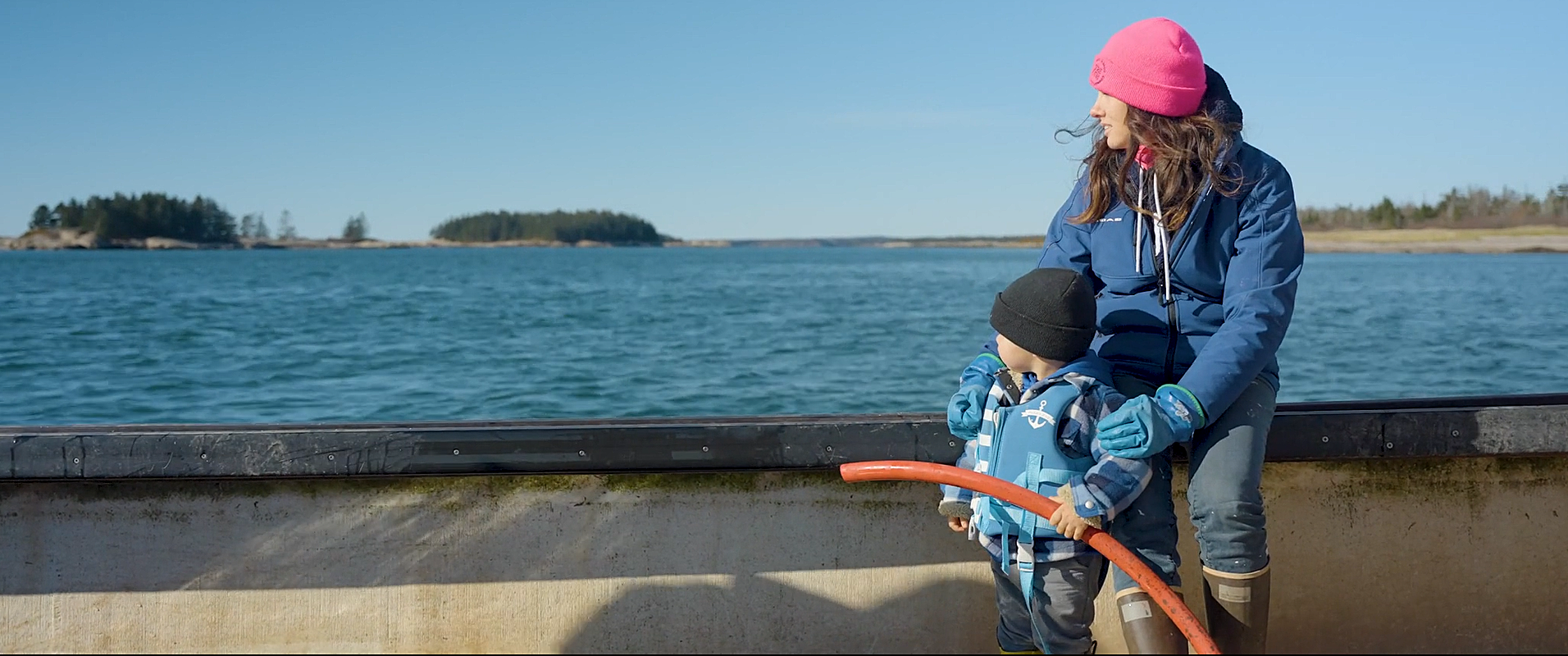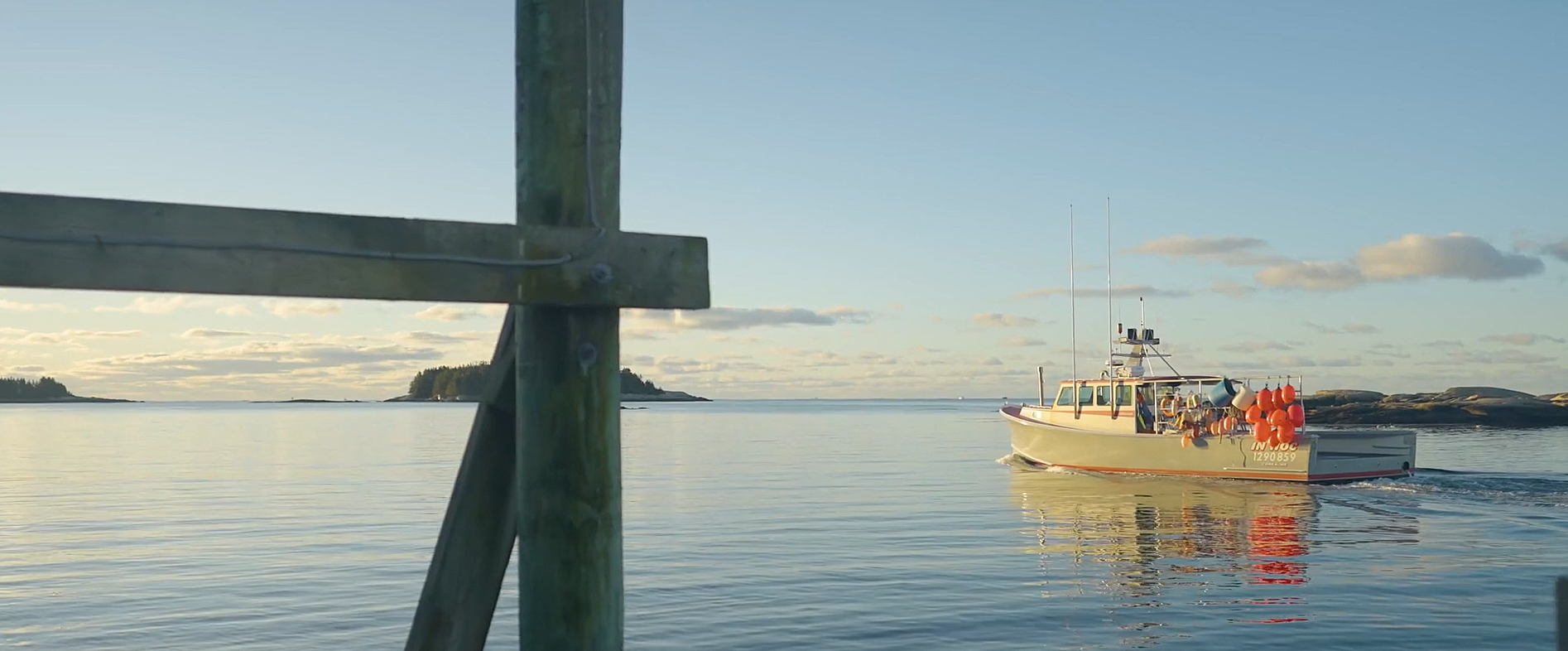'I love you. Over'
A Lloyd's Register Foundation film
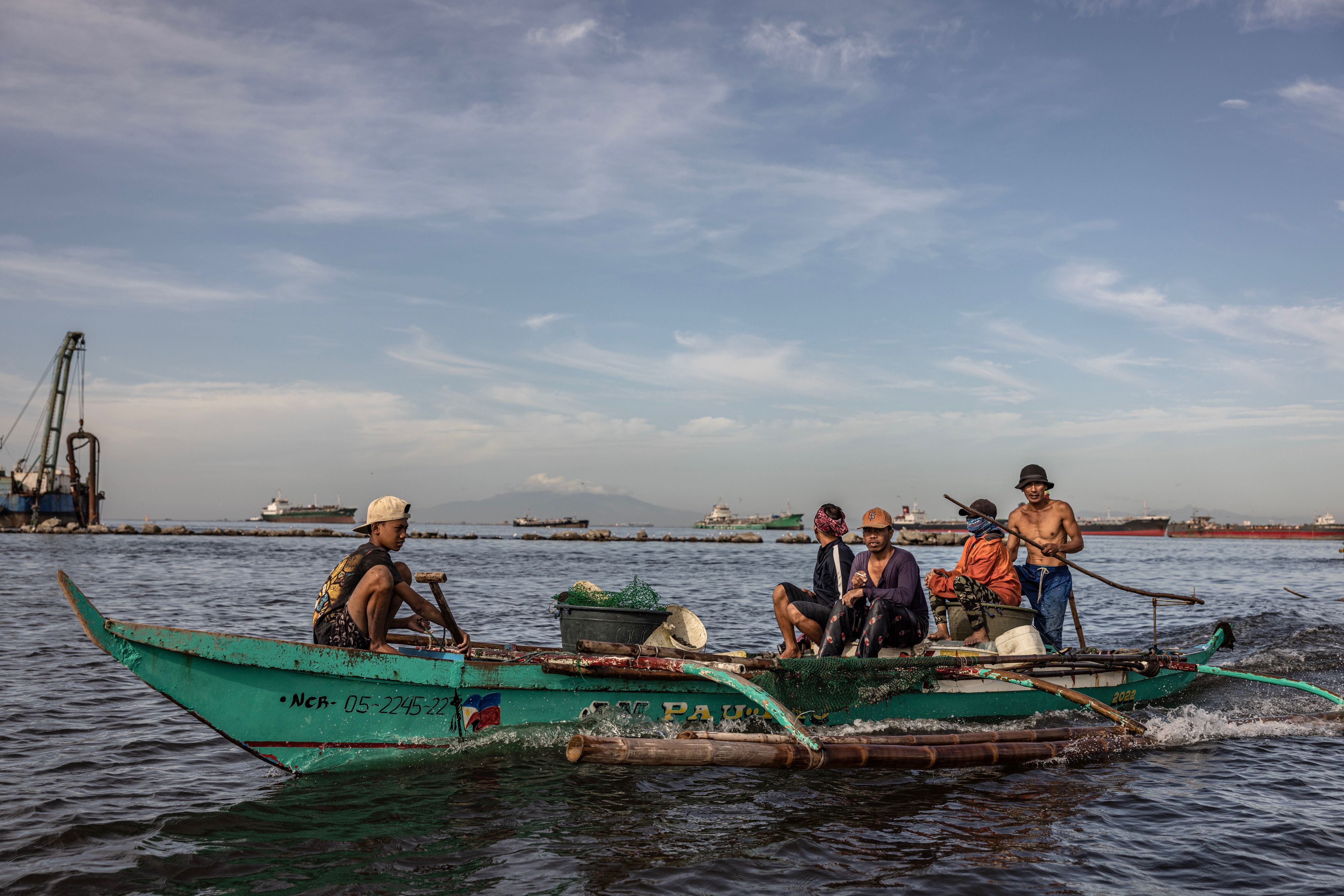
Lloyd’s Register Foundation has released a documentary film in partnership with Miran Media to spark debate to help drive positive change across the industry to keep seafarers safe at sea.
The film was launched on the International Maritime Organization’s (IMO) designated Day of the Seafarer in recognition of the role played by those in the maritime sector and shown to an invited audience of over 200 people at its headquarters in London (UK).
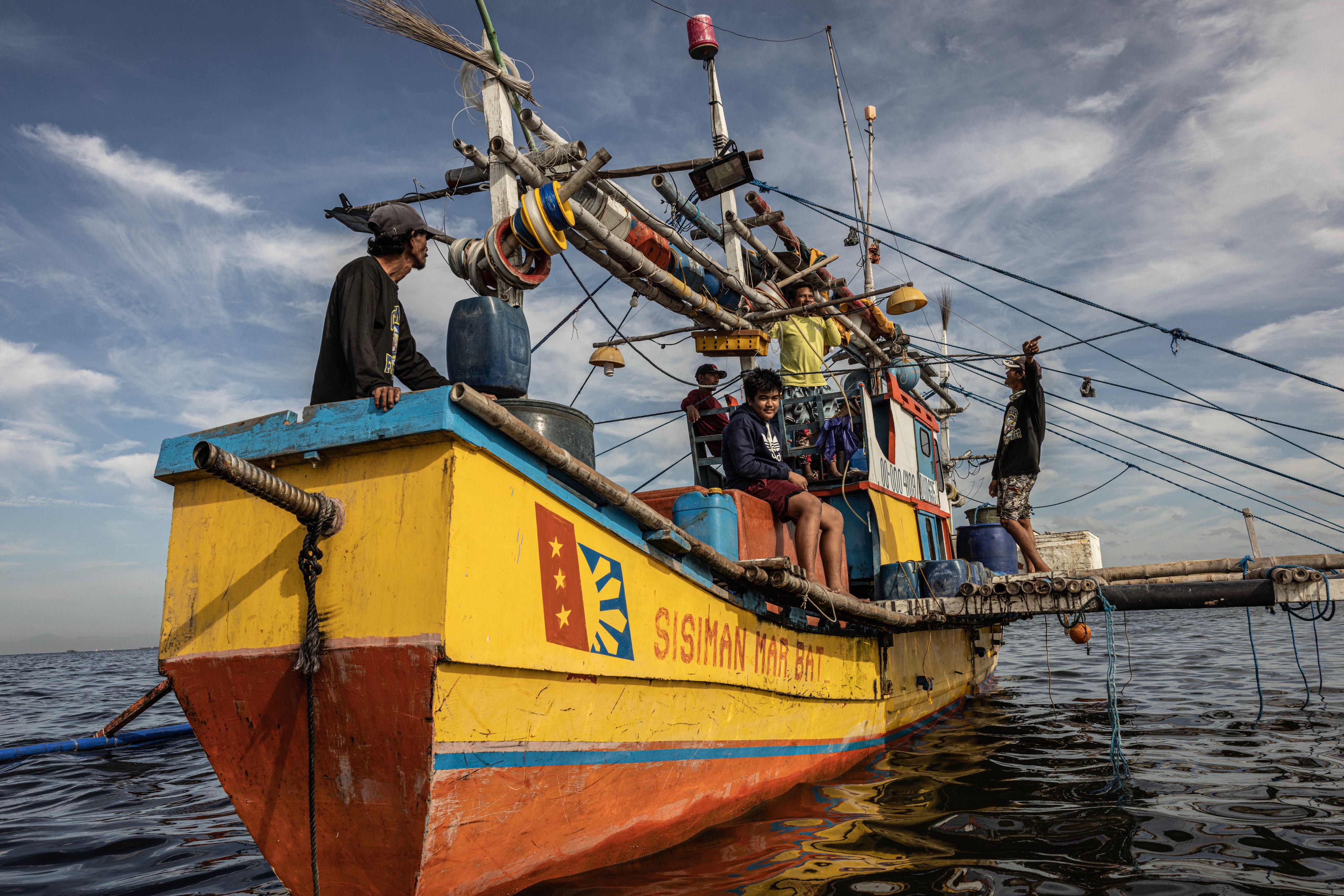

The documentary film, “I Love You. Over”, highlights the critical role seafarers play, and the impact safety challenges can have on their physical and mental wellbeing.
Based on a powerful love story of a Filipino seafarer Arvin Toledo and his wife Roda, the film highlights the work and sacrifice of seafarers particularly focussing on those from the Philippines.
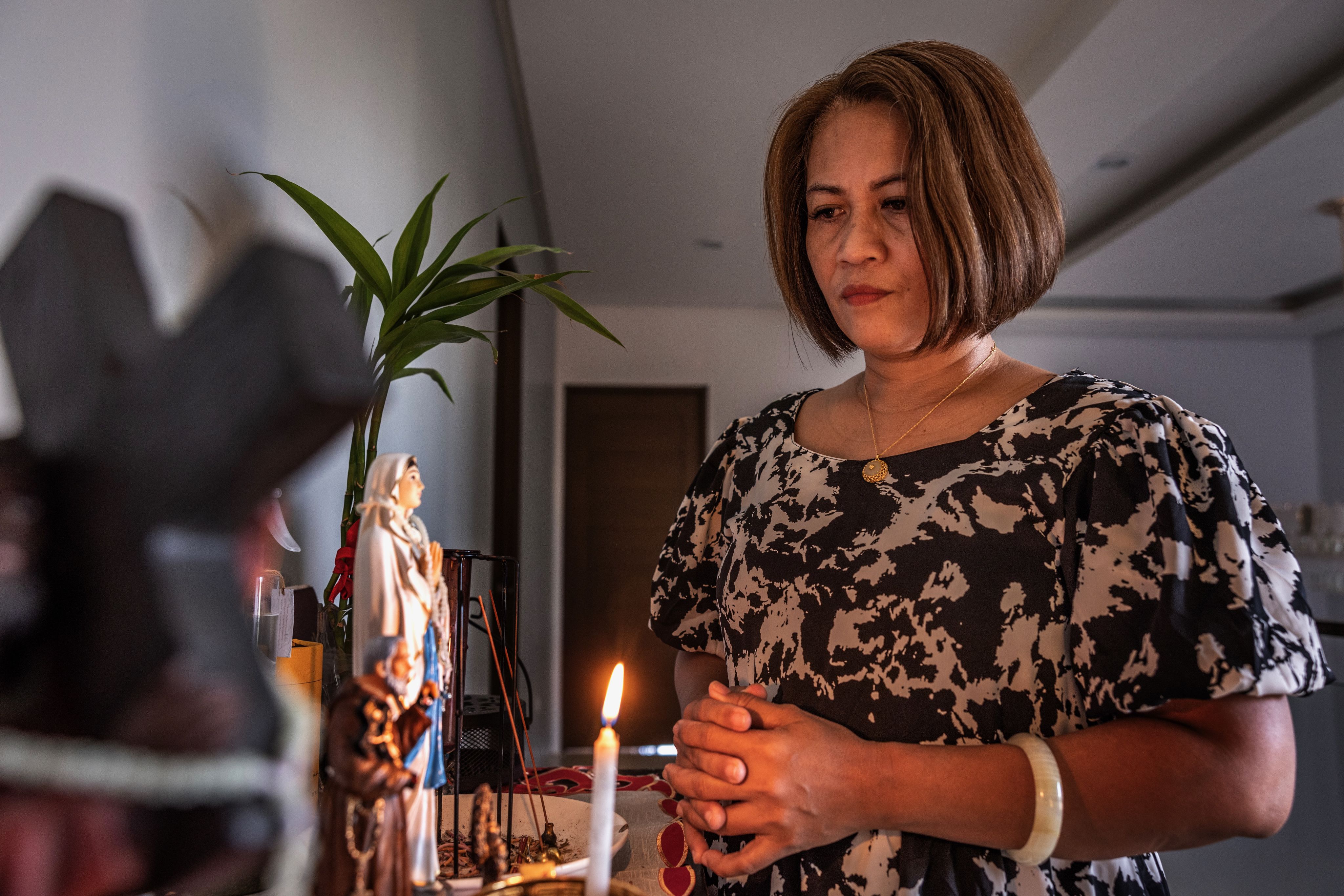
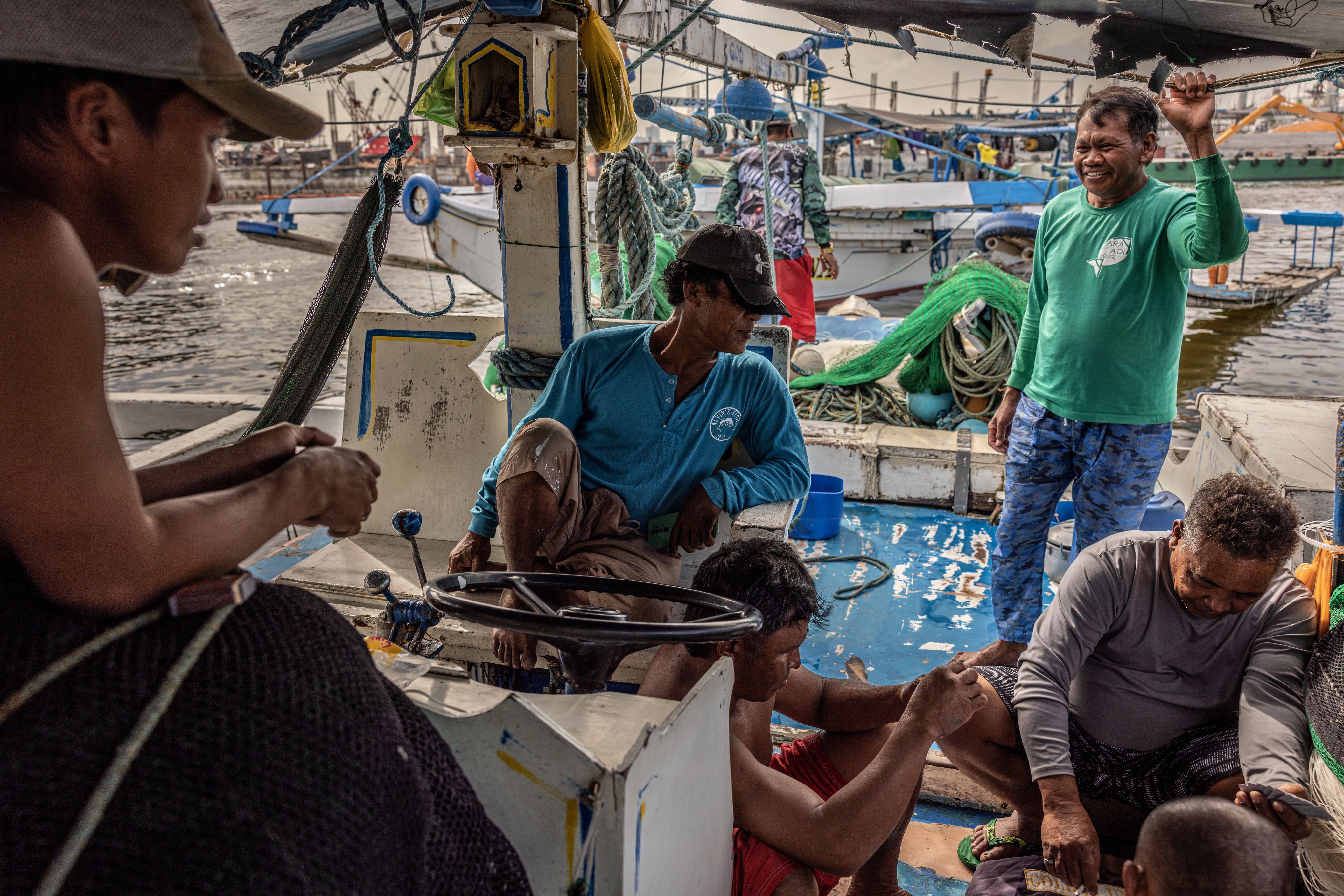
On any given day, 250,000 Filipino seafarers are offshore – if they all stayed home, the world economy would collapse.
Olivia Swift, Senior Programmes Manager at Lloyd’s Register Foundation, said: “Today, 90% of the world’s traded goods are delivered by sea, which is why oceans - and the 1.89 million seafarers working, every day - play such an important role in facilitating global trade.
“We want this documentary film to help drive the conversation about safety for seafarers and show the challenges faced by this essential workforce. All seafarers should be safe in the knowledge that while working at sea, they are protected from physical injury and supported in reducing risks to their mental health.
“We hear too often that seafarers experience social isolation, long working hours, demanding working conditions, precarious employment, the threat of violence, bullying or harassment, little or no shore leave and periods at sea, away from home.”
While safety risks are minimised by employers’ proactive action and excellent pastoral and practical support provided to seafarers by maritime charities, Lloyd’s Register Foundation believes there is a role for everyone – regulators, NGOs, employers, unions, charities, and seafarers themselves – in keeping seafarers safe and well.
Olivia added: “The maritime industry is making steady progress towards a more supportive and safe working environment for seafarers – but there is still a long way to go. With the support of our grant funding, we can work with others to test out ideas through pilot studies, proof of concept projects or activities targeting policy, business and the third sector, that support effective and long-lasting interventions.”
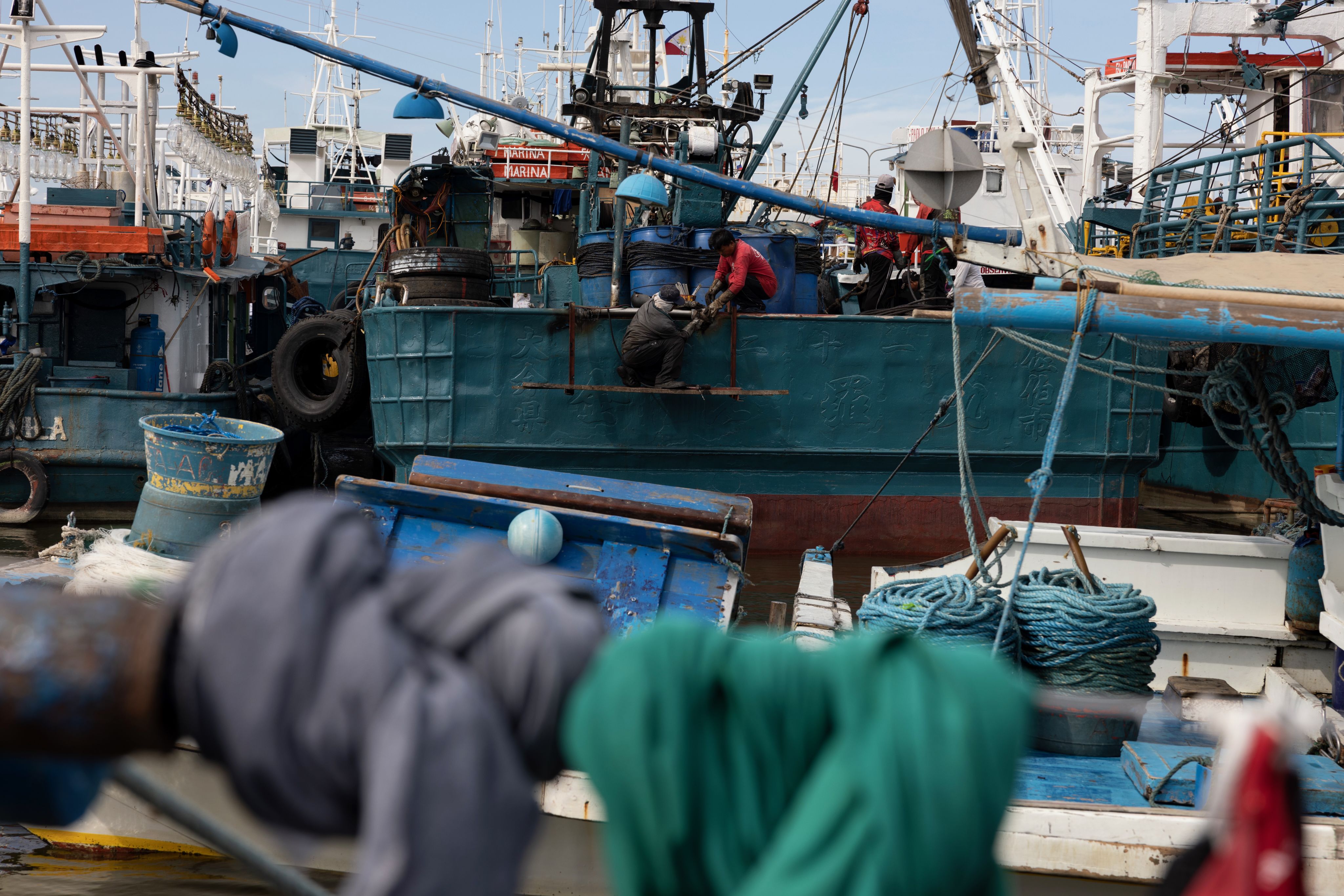


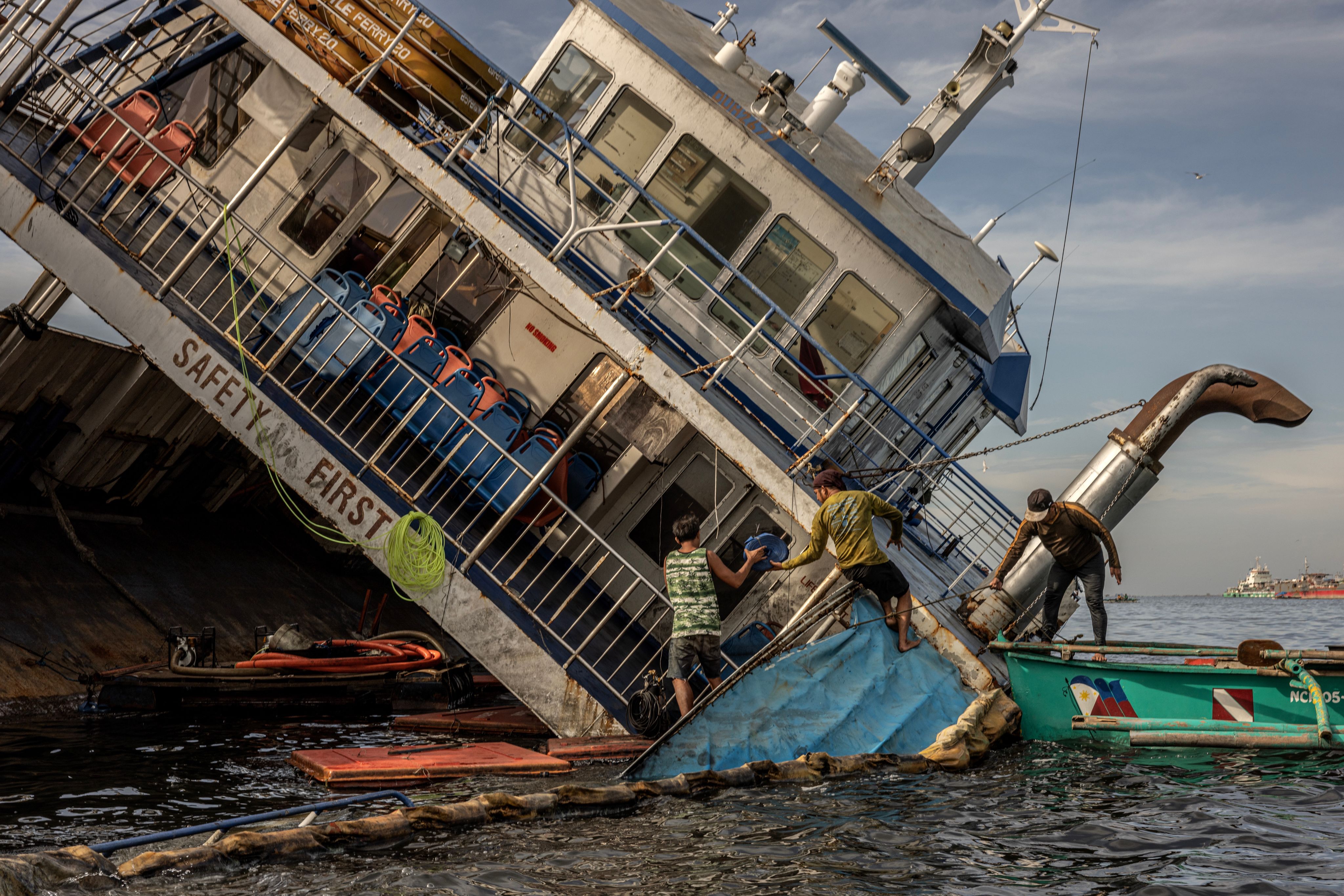



As a global charity with a long heritage in maritime, Lloyd’s Register Foundation works to engineer a safer work environment for seafarers. By using evidence and insight and providing grant funding, Lloyd’s Register Foundation is uniquely placed to support seafarer communities through its cross-border partnerships and by supporting the development of new skills and innovation to raise awareness of ocean-related safety challenges with a view to driving positive change.
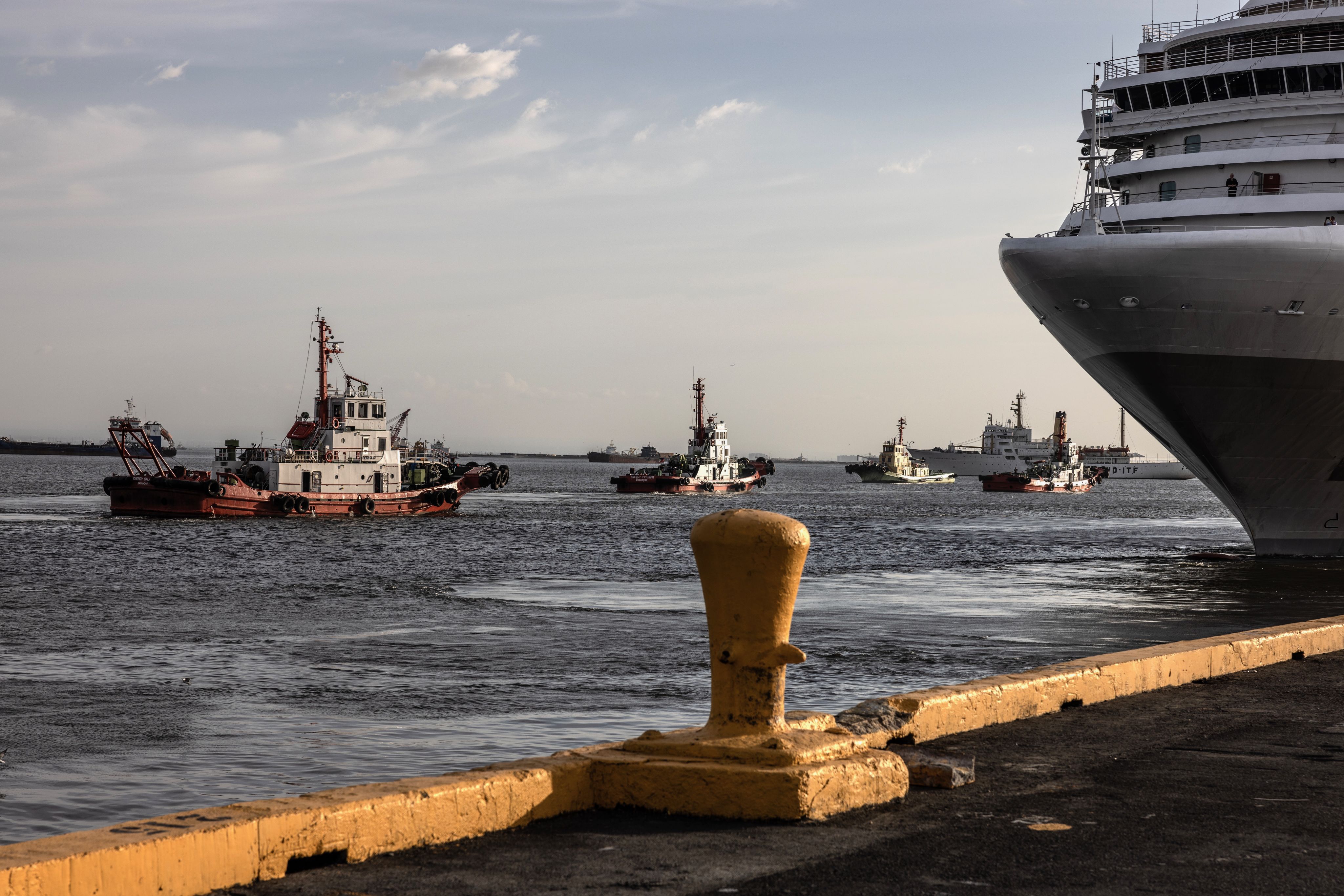


Lloyd's Register Foundation has now launched four ground-breaking and award-winning films that shine a light on the safety challenges faced by ocean workers across the world. The other three are:
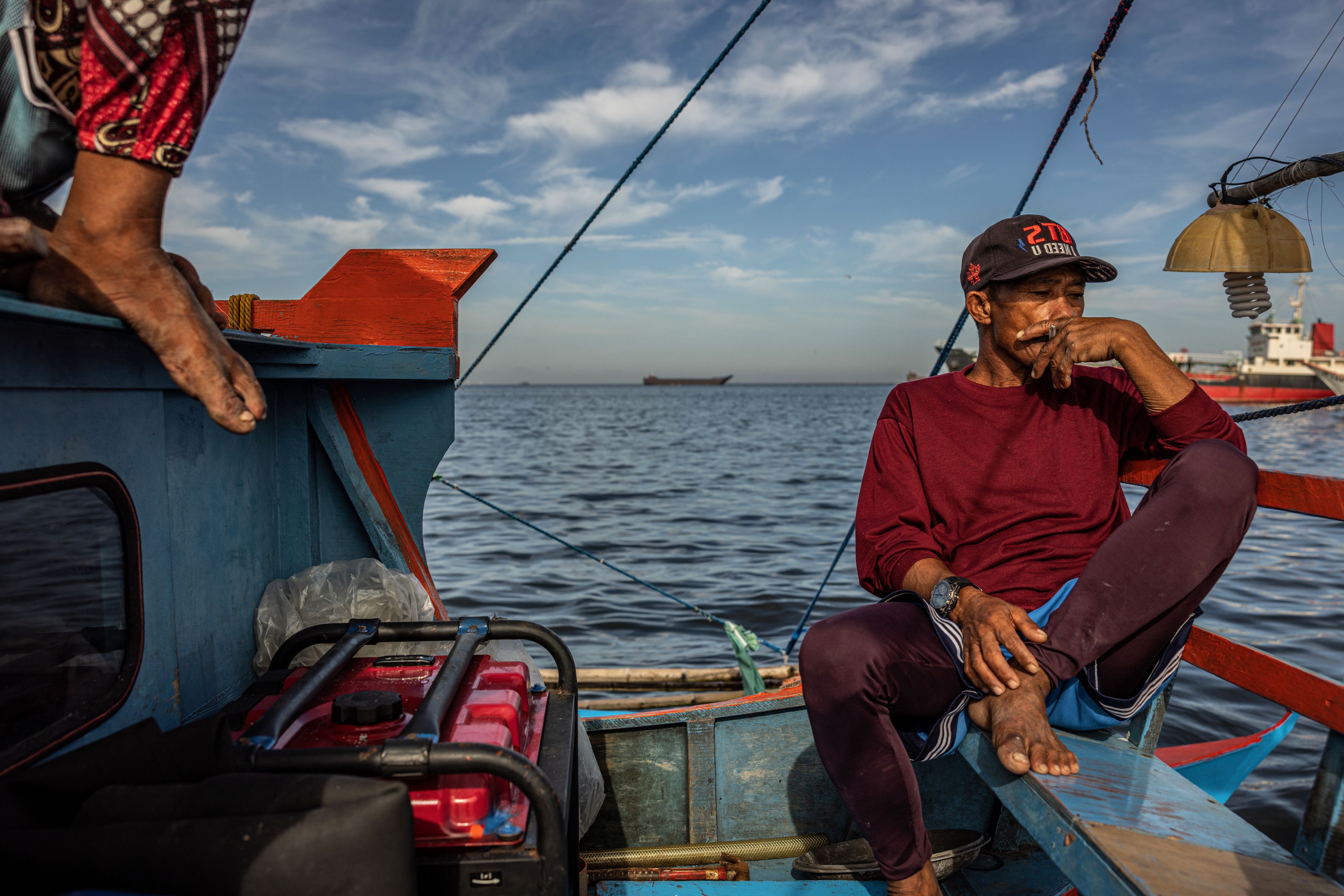

Searchlight: An RNLI and Lloyd's Register Foundation film
Searchlight’ - the first in a new series of films commissioned by Lloyd’s Register Foundation has been launched as part of an ocean safety campaign. The documentary focuses on three young women who volunteer for the Royal National Lifeboat Institution (RNLI) in Oban, West Scotland, which has some of the most changeable and treacherous waters off the British coast.
The RNLI is the charity that saves lives at sea. Powered primarily by kind donations, its search and rescue service has been saving lives for nearly 200 years. Volunteers make up 95% of the organisation - ordinary people doing extraordinary things - supported by expert staff, all working together to help communities at home and abroad save lives.
The film, produced by award-winning film-maker, Dan McDougall, takes place in Oban, Scotland, which takes its name from the Gaelic meaning ‘little bay’.
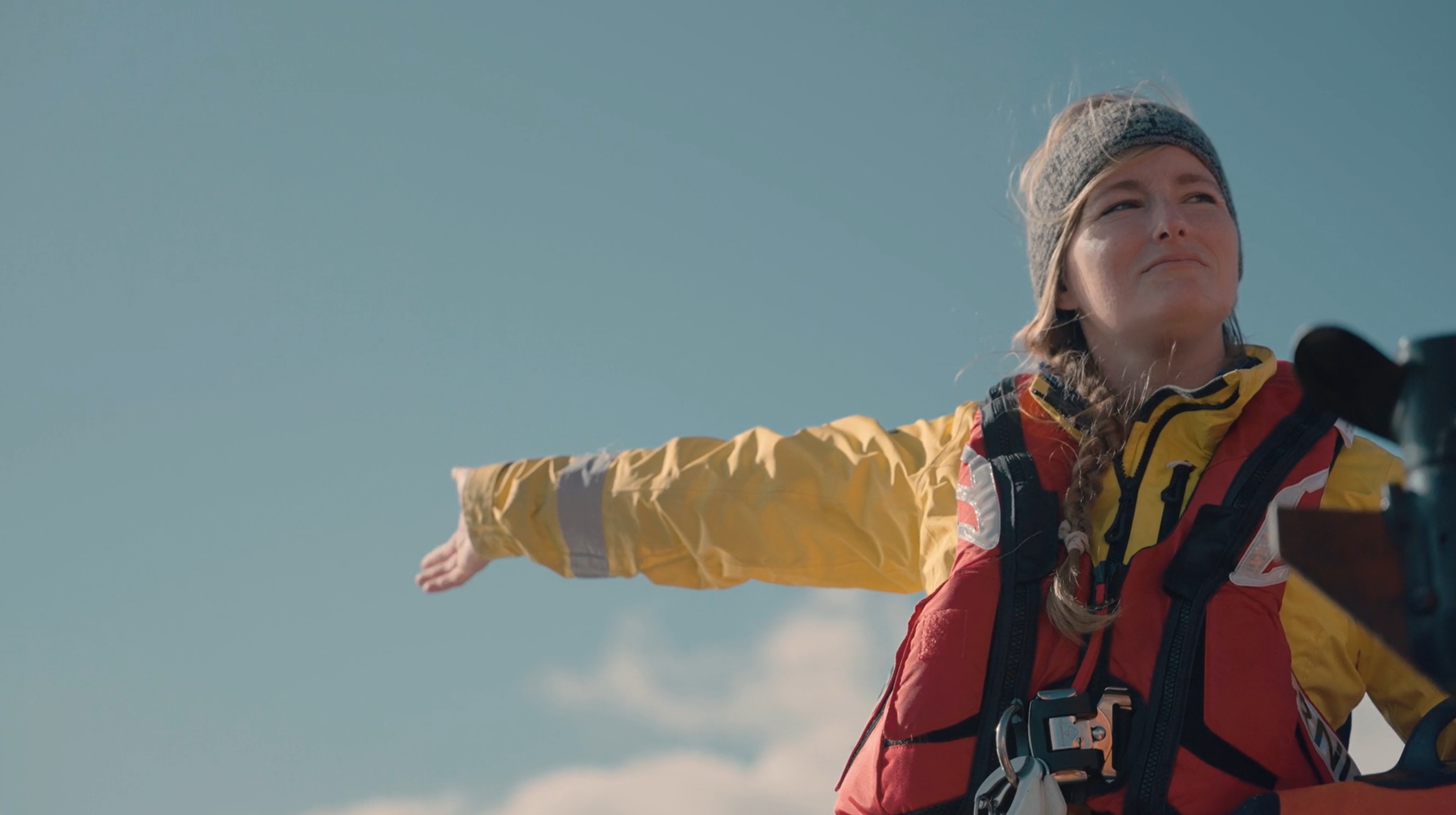


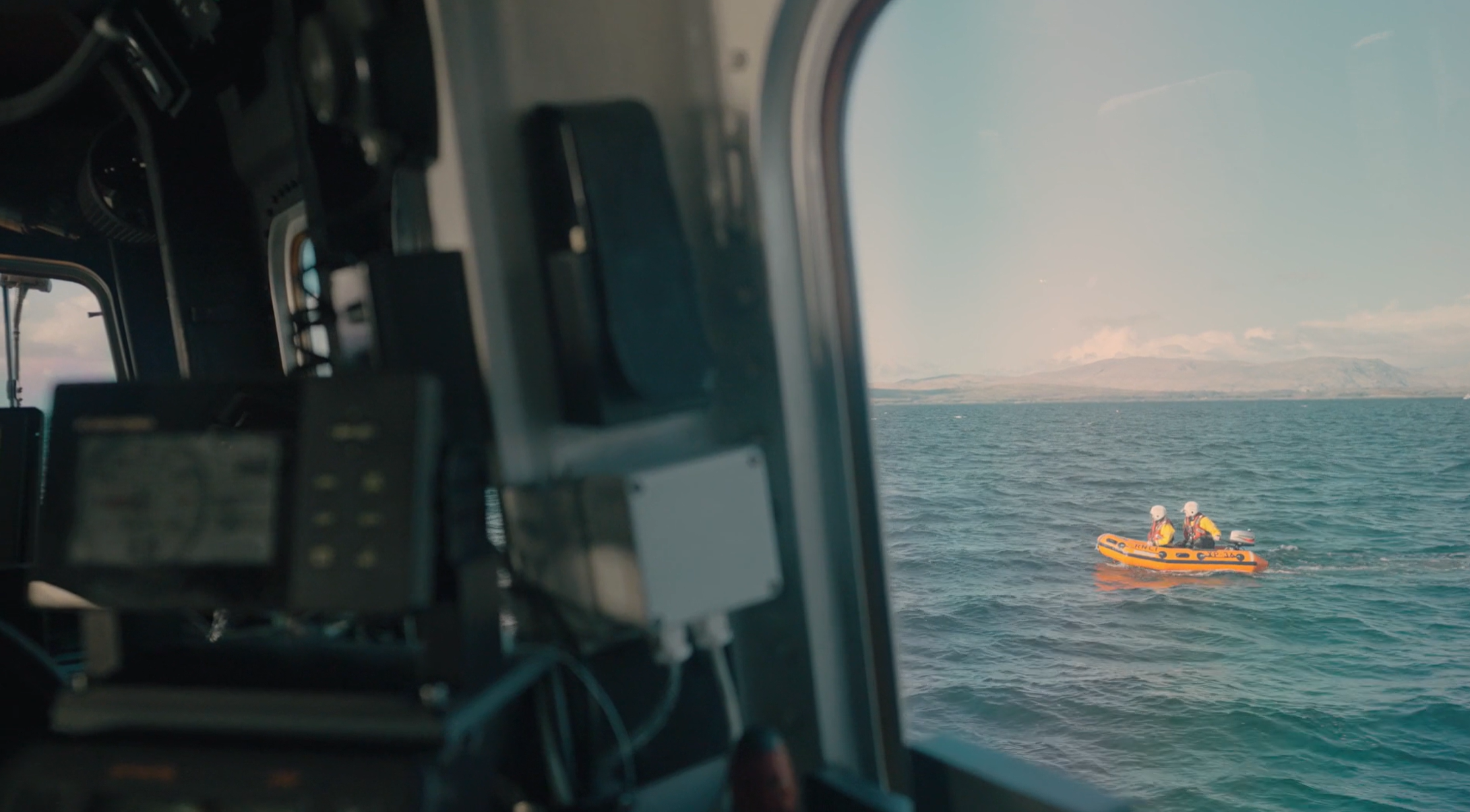


Two Kinds of Water: a Lloyd's Register Foundation film
Lloyd's Register Foundation has launched the second of four ground-breaking films which shine a light on safety issues faced by ocean workers across the world. The films raise awareness of these often ‘out of sight, out of mind’ dangers to spark debate and drive change across industry and governments to keep people safer at sea.
The story which has now launched on Waterbear, a platform that focuses on global issues, is told from the perspective of fishers, Ishmaila Mbaye and his wife Koumba – a couple fighting to stay afloat in one of Africa’s most vulnerable fishing communities.
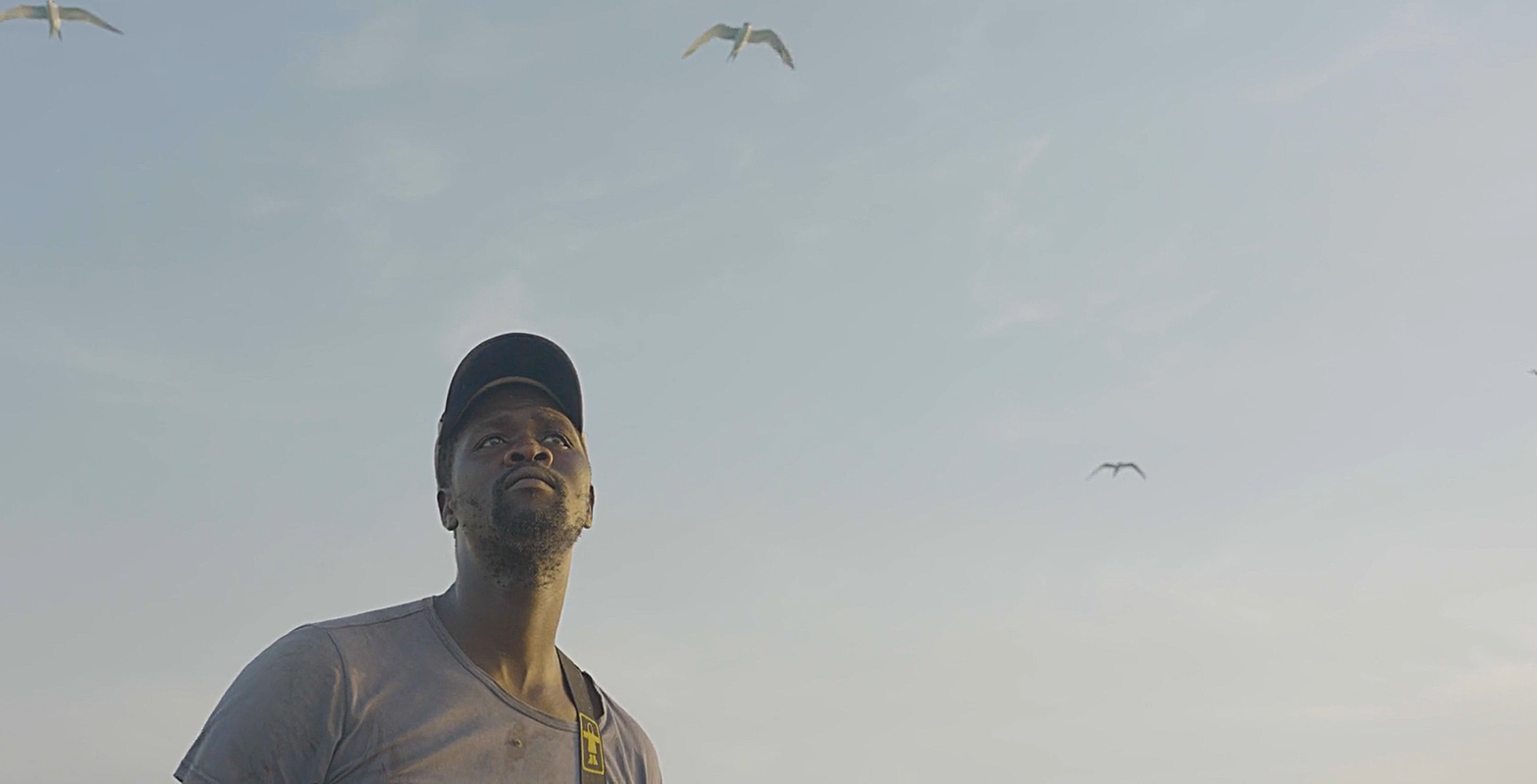


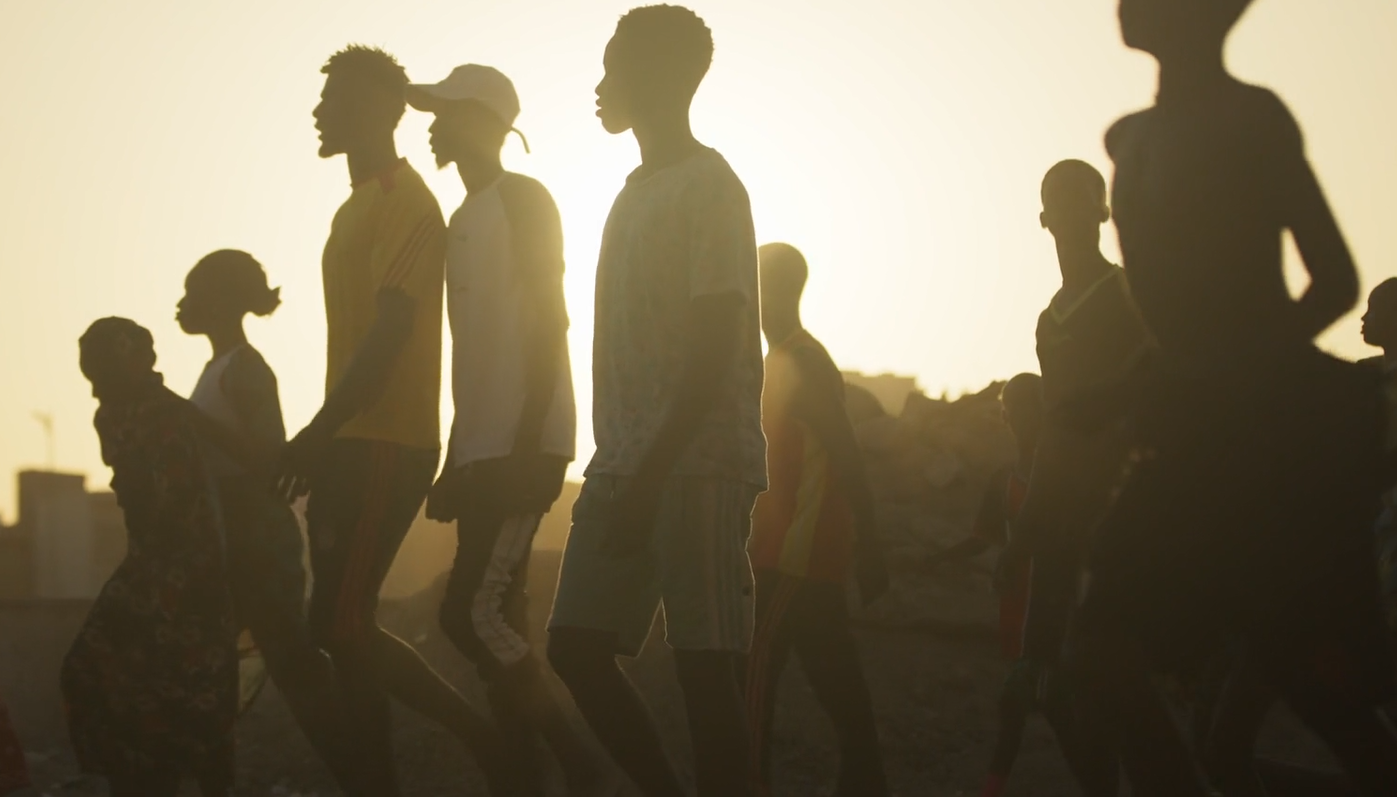


'Salt Lines': a Lloyd's Register Foundation Film
Salt Lines is a story of a single mother hauling lobster traps in a man’s world. Featuring Captain Brittany Dunbar, just one of two million women around the world who bring in their own catch in nearshore coastal fisheries every day.
Salt Lines is the third documentary film commissioned by Lloyd’s Register Foundation, as part of our ocean safety campaign. It shares Brittany’s story as a captain of a commercial lobster boat in Correa, Maine, and fifth generation fisher, in a community with fishing in its blood. From law school to single motherhood, she tells of her daily grapple with the potential dangers of life at sea, knowing that there's no other parent at home should something ever happen to her. Despite this, her family bonds and deep-rooted legacy means her ocean ties remain unwavered.
Produced by award-winning film-maker, Dan McDougall, this film sheds an important light on gender bias within the industry and the safety challenges for those working at sea. Salt Lines continues our commitment to telling unheard stories to spark change and make the world a safer place.
